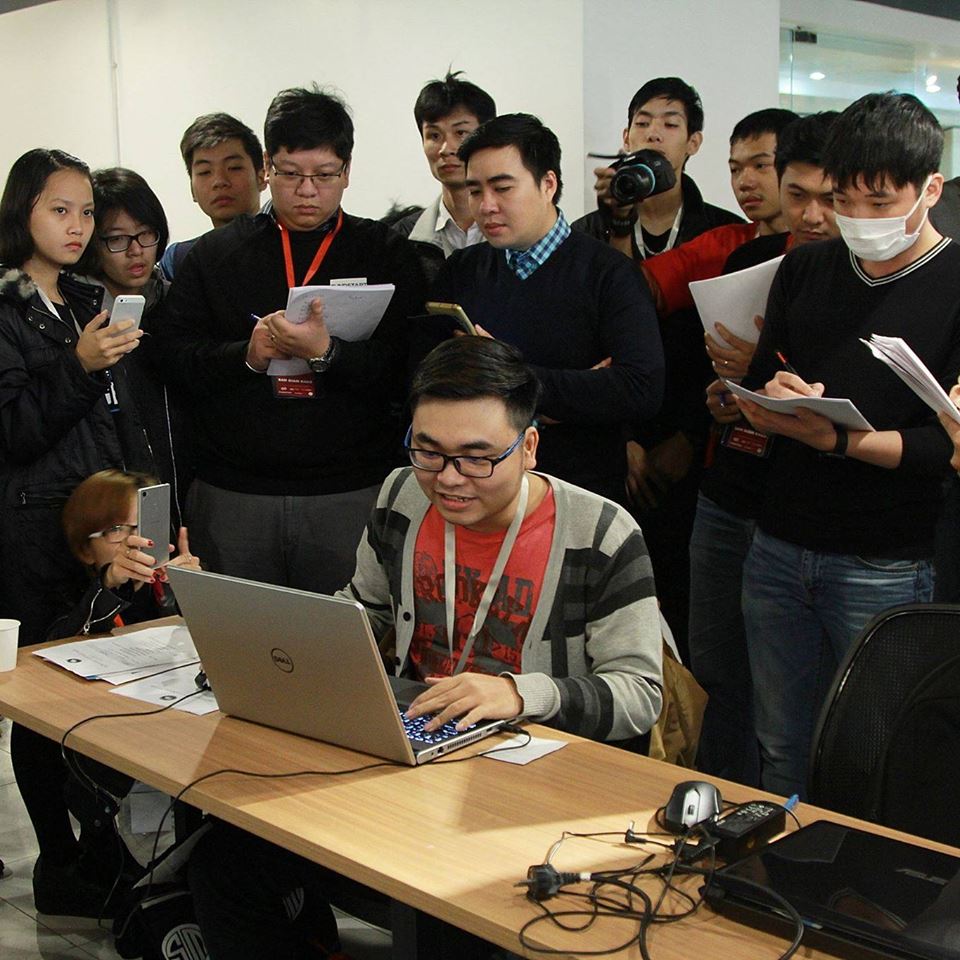Why First-Time Founders Build the Biggest Things?
Most people believe second-time founders have a better chance. And in a way, they do. They’ve seen what works. They move faster. They know where the traps are. Investors like them more. The data backs it up: second-time founders with a prior win succeed around 30% of the time. First-timers? 18%.
But when you look at who builds the truly massive companies, the pattern flips.
Apple, Microsoft, Google, Amazon, Meta, NVIDIA — all started by first-time founders. Of the current top 20 most valuable companies in the world, around 60% were founded by first-timers. If you remove legacy firms and spin-offs, that number climbs closer to 80%. In China, it’s the same: Tencent, BYD, Xiaomi — all built by first-timers. Over 70% of China’s most valuable tech companies were too (in top 100, exclude their bank and Mao Đài liquoir).
That’s not luck. That’s a signal.
These weren’t second shots. They were first swings. And they went huge.
Why?
Because first-time founders don’t know what’s “reasonable.” They haven’t learned what’s impossible yet. They’re not trying to avoid mistakes — they’re trying to make something new. They bet big. They dream in full color.
Second-time founders are more cautious. They know how hard it is. They optimize for safety. For a decent outcome. But playing it safe rarely creates something legendary.
The more you know, the more you aim for what’s likely. But the world-changers don’t aim for “likely.” They aim for different.
Take Netflix. Great execution, but the vision was modest: ship DVDs by mail. Even when they moved into streaming and original content, the goal stayed narrow — improve how people watch movies. They wanted to change entertainment, but not reinvent it. Trillion-dollar companies don’t just make things better — they create whole new industries. Like gaming, which didn’t just entertain, but built a global medium and culture from scratch. Netflix couldn’t do that. Maybe it was timing. Maybe it was the limit of their dream. But you don’t reach that scale unless you start by dreaming that big. Amazon did. Microsoft did. Apple did. Because their founders weren’t optimizing — they were trying to invent the future.
Bezos talked about selling everything, about building the internet’s backbone. Jobs talked about tools for the mind. Zuck’s still betting the farm on VR. These aren’t safe plays. These are first-timer bets. Unreasonable ones.
And it turns out, history backs this up.
In the mid-20th century, it wasn’t common to start a company. The economy was locked up by corporate giants. Most industries were dominated by a handful of players — oil, telecom, auto, finance — and the path to wealth was climbing the ladder inside them. Entrepreneurship wasn’t admired. It was risky. Weird. Inaccessible.
But starting in the 1970s, that system started to crack. Big companies got bloated. Regulations began to loosen. New technologies — especially microelectronics — changed what individuals could build. Then came the internet. Suddenly, you didn’t need factories or permission. You just needed a computer and a crazy idea.
The age of the startup came back. But really, it wasn’t new. It was a return.
In 1892, a survey of America’s millionaires found only 20% had inherited their wealth. The rest had built it — many on the back of new technologies like railroads, steel, or mass production. The idea of the self-made founder wasn’t a modern invention. It was the original model. The mid-century corporate era was just a detour.
By 2020, we were back. Only now, founders weren’t building railroads — they were building software, platforms, networks. And they were getting rich fast. Because it’s easier to start something now. It’s cheaper. It scales globally from day one. You can raise capital online. You can ship products overnight. The friction is gone.
And that changes everything. It makes it possible for first-time founders to build world-changing companies again — not just locally, but at planetary scale.
That’s the world we live in now.
And it’s just beginning.
AI. Simulation. Synthetic media. Reality itself is editable. You don’t need a factory. You don’t need permission. You just need compute and a crazy enough dream.
First-time founders built the last era. They’ll probably build the next one too.
Because you only get one shot at being stupid enough to try something impossible.
